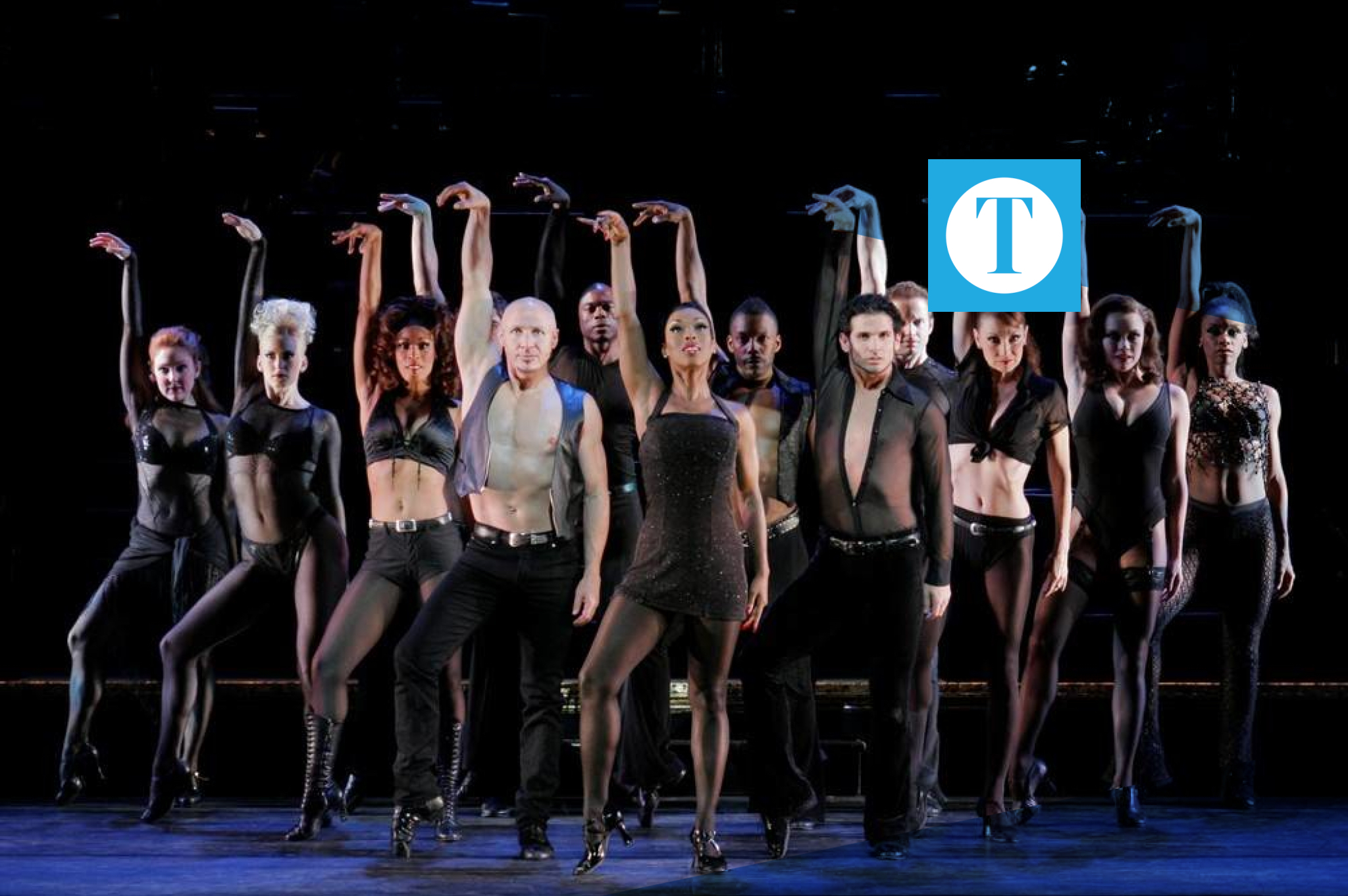During 2015, Glenn Taylor of Owensboro knew his turn to present an original paper to the Owensboro Investigators Club was coming up.
Taylor had recently recalled that the coldest funeral he had ever attended as part of his job at Glenn Funeral Home was with his father at the Mount Pleasant Cumberland Presbyterian Church Cemetery located between Mosleyville and Glenville in rural Daviess County.

When he had mentioned this to a friend in the course of some conversation about that church, she had told him that the cemetery was the final resting place for someone famous – or maybe infamous.
The person his friend referred to and which Taylor made the subject of his paper “Billion Dollar Babe” was born Beulah May Sheriff on Nov. 18, 1899.
“In the paper, I refer to it as a semi-original paper,” said Taylor.
During the course of his research, he found an article on the topic with much of the information provided by Stan Lemaster of the Daviess County Historical Society, so he hesitated to claim it as original.
Here is the crux of Beulah’s story from Glenn Taylor’s paper:
Beulah, the daughter of John R. Sheriff, “one of the most prominent farmers in the county” per the Owensboro Inquirer (a Hager enterprise), had a wild streak. There being an understandable dearth of wild in Mosleyville, she sought it elsewhere. Her mother Mary was later quoted as saying “when she was 15, she rode in mad-cap fashion into town.” She did and it didn’t take long to meet 17-year-old Perry Stephens, a linotype operator at Owensboro Publishing (a Hager enterprise). They eloped shortly thereafter, one of few examples of legal and semi-conventional wildness. Perry Waller Stephens, Jr. arrived Aug. 8, 1916.
Neither marriage nor motherhood took. She and Stephens divorced. Beulah met Albert “Al” Annan, a local mechanic and an older man by some seven years. They headed to Chicago where Al got a job as a mechanic and Beulah as a bookkeeper at Tennant’s Model Laundry. In March they married. Like Beulah’s previous marriage, it didn’t take. A pattern is developing.
On April 23, 1924, Beulah was still married to Annan when she entertained her co-worker Harry Klasdedt in the apartment she shared with her husband.
What actually happened is not clear, but the episode ended with Harry fatally shot by Beulah – in the back. Her story to her husband was that she was defending her virtue.
While in jail awaiting trial, she met Belva Gaertner who was accused of shooting and killing her married lover. Both trials were covered by a female reporter for the Chicago Tribune named Marie Dallas Watkins.
During the 1920s, Chicago had a reputation of acquitting pretty female defendants and both Beulah and Belva were acquitted.
“Here’s this young gal from out in rural Daviess County, Ky., who just was bored,” Taylor said. “She was just stuck out there and wanted more excitement.”
The reporter Marie Dallas Watkins, originally of Louisville, Ky. – small world right? – was an aspiring playwright and turned the story of Beulah and Belva into a play called “Chicago.”
Her play opened on Broadway in December 1926 with the main characters renamed to “Roxie Hart” and “Velma Kelly.” After 172 performances it toured the country for two years.
In 1927, Cecil B. DeMille produced a silent film version of the play. In 1942, director William Wellman created another film loosely based on the story.
During the 1960s, Bob Fosse tried to buy the rights to the story from Watkins, but she declined. After her death, he bought the rights from her estate to stage the 1975 production “Chicago: A Musical Vaudeville” which ran for two years on Broadway and later in London’s West End.
The Tony-award-winning “Chicago” was revived on Broadway in 1996 and is the longest running American musical in Broadway history.
The film was released in 2002 and won 6 academy awards along with some Golden Globe and SAG awards too.
“All of this story built up around a fairly obscure person,” said Taylor.
Taylor titled his paper “Billion Dollar Babe” after he totaled up how much money Beulah’s story had made over the years – although none of it for her.
Just the most recent musical and movie grossed a total of $852,998,992 as of 2016, so adding the revenue from the older productions should bring the total over $1 billion.
If you want to see Broadway’s take on the life of Beulah May Sheriff of Mosleyville, Ky., you can see “Chicago The Musical” at RiverPark Center at 7 p.m. on Tuesday, Oct. 30. Buy tickets online at www.RiverParkCenter.org.



